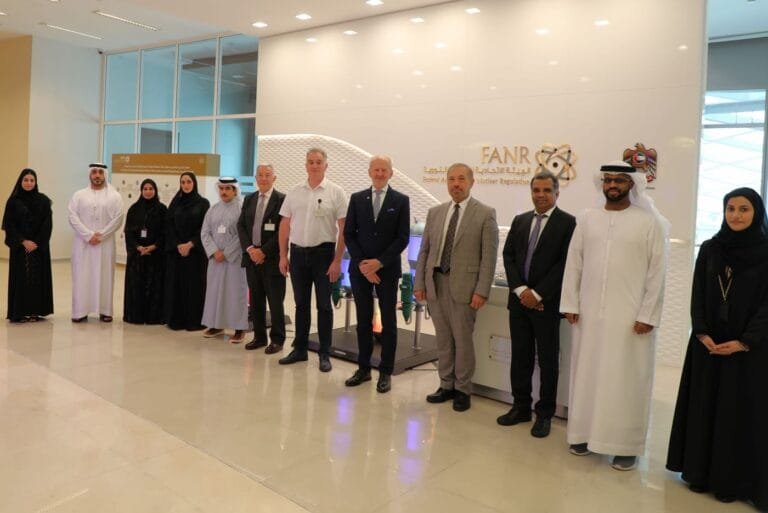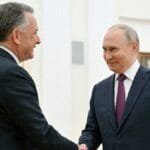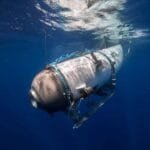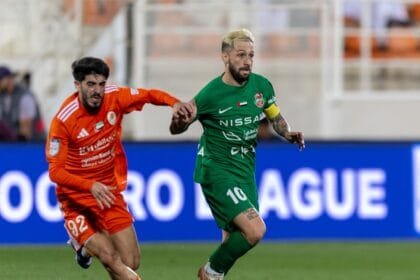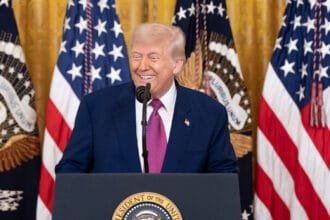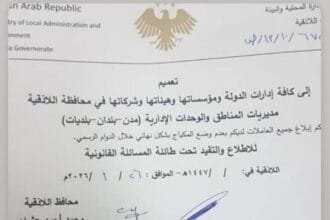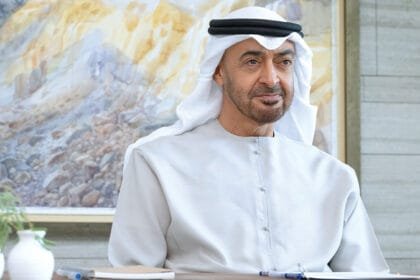Abu Dhabi, United Arab Emirates – The Federal Nuclear Regulatory Authority hosted the IAEA’s “Knowledge Management Support – Level II” mission in Abu Dhabi, which included an elite group of international experts to evaluate, promote and harmonize nuclear and radiological knowledge management practices in the UAE with international standards and best practices.
This visit was a follow-up to a first visit in 2014, which focused on several axes, including policies and strategies, human resource development, knowledge transfer, digital tools, and a culture of knowledge sharing. The Authority’s teams collaborated closely with the Agency’s experts to review achievements, identify strengths, and explore future development opportunities.
Knowledge management plays a pivotal role in enhancing the effectiveness of oversight, operational safety, and sustainability in the nuclear sector, from research and design to operation, maintenance, and dismantling.
The IAEA supports Member States in these aspects by sending international missions, guidance tools and capacity-building programmes to reduce the loss of vital knowledge.
The Authority has developed a comprehensive knowledge management framework aimed at preserving and applying vital expertise within its operations, and has successfully obtained the renewal of ISO 30401:2018 certification, becoming one of the few nuclear regulatory bodies around the world that meets this international standard. The Authority’s efforts include systematic models for enhancing knowledge, guidance programs, in addition to digital tools, knowledge transfer plans, and lessons learned initiatives.
The Authority has been praised by external observers for having one of the strongest and most integrated knowledge management programs among nuclear regulatory bodies globally, as its approach includes enhancing the employee’s learning journey within the organization, which ensures the continuity and flexibility of institutional work.
The Authority attaches great importance to assessing the risks of knowledge loss, and implements systematic lessons learned programs that allow knowledge gaps to be proactively addressed and institutional memory protected.
As part of strengthening its leadership, the Authority intends to start using artificial intelligence technologies to provide expertise in an easy way. The introduction of “concept maps” is an essential part of this trend, as experts organize their knowledge and decision-making processes visually. These maps are used to benefit from expert insights, train artificial intelligence tools to support new employees and improve oversight decisions, and provide immediate and easy access to technical expertise within the Authority.
By combining concept maps with artificial intelligence technologies, the Authority aims to develop smart tools that support inspectors, analysts, and specialists instantly, facilitating access, application, and preservation of knowledge. This reflects the Authority’s focus on digital innovation and its role as a future-ready nuclear watchdog.
The IAEA encouraged the expanded use of “communities of practice,” where staff in similar roles regularly share knowledge and collaborate, which would enhance internal learning, contribute to building trust, and foster a sustainable culture of knowledge sharing.
This visit represents an important step in the UAE’s strategy to build a flexible and future-ready regulatory system based on innovation, sustainability, and national capacity building. With nearly 20,000 nuclear and radiological sector specialists in the country, and more than 78% of the Authority’s employees being citizens –including 44% of leadership positions held by women-the UAE continues to establish itself as a global model for new countries in the nuclear sector.






